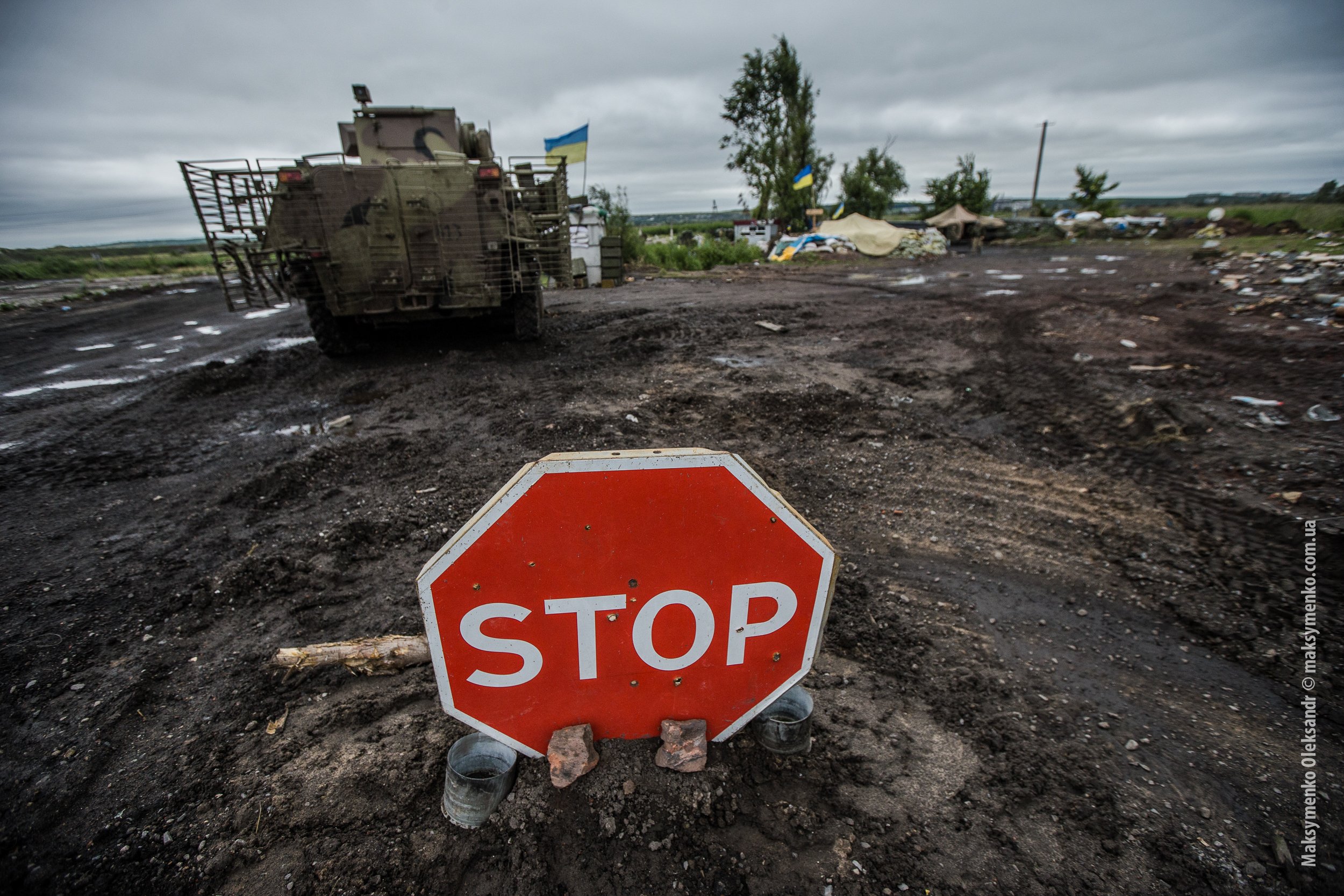
Our Blog
Categories
- Africa
- African Union
- Central Africa
- Citizenship laws
- Competion Law
- Constitutional Court
- Constitutional Law
- Constitutional law
- Disability Rights
- Disability rights
- East Africa
- Environmental Law
- Gender Equality
- Governance
- Human Rights
- Immigration Laws
- International Law
- Kenya
- Labour Law
- Mining Law
- Nigeria
- North Africa
- Political Rights
- Public International Law
- Public Law
- Right to Vote
- SADC Region
- South Africa
- Southern Africa
- Uganda
- West Africa
- Year end anthology
- Zambia
Refugee Reception: The Ongoing Influence of Historical Laws and Traditional Conceptualisations of Refugees in Zambia
In this post, Nicholas Maple examines the complexities of refugee reception in Southern Africa. Using Zambia as a case study, he highlights how the historical 1970 Refugee (Control) Act continues to influence contemporary policies, despite the adoption of the more progressive 2017 Refugee Act. Maple emphasises the importance of localised approaches and the need to move away from restrictive encampment policies to integrate refugees into urban spaces and uphold their freedom of movement.
The White Paper on Immigration : A Disgraceful Regression from the Constitutional Values of Human Dignity, Ubuntu and Equality
In this post, Ohene Yaw Ampofo-Anti offers a detailed critique of the White Paper on Citizenship, Immigration, and Refugee Protection. He draws on various legal precedents and jurisprudence to argue that this controversial policy stands in stark opposition to South Africa's core constitutional values, including human dignity, the philosophy of ubuntu, and racial equality.
Will Asylum-seekers and Refugees in Rwanda be Mistreated?Lessons from Rwandan Law, Policy, and Practice Today
Last year the United Kingdom engaged in talks with Rwanda over the two nations’ migration and economic development partnership ( Rwanda asylum plan ). In this article, Dr. D’orsi gives an overview of Rwanda’s position concerning the UK’s plan to deport some asylum seekers to its country. In addition, he assesses Rwanda’s asylum system to determine how safe it is for asylum seekers.
The Termination of the Zimbabwean Exemption Permit: A Direct Violation of the Principle of Non-refoulment?
Last year, the South African Minister of Home Affairs, Dr. Aaron Motswaledi announced the termination of the Zimbabwean Special Permits (ZEPs) set to expire at the end of 2021. Thato Gaffane argues that this decision is a violation of the international principle of non-refoulment and also, fatally flawed in as far as it lacks consideration for section 33 of the Constitution of the Republic of South Africa.
Reflections on some challenges to achieving durable solutions to violence-induced internal displacement in Ethiopia
In international refugee law, as well as IDP-specific soft law and practice, three forms of durable solutions, namely, local integration, return and relocation, have been recognised and implemented. These have been adopted in the African Union Convention on the Protection and Assistance to Internally Displaced Persons in Africa (Kampala Convention) – a regional binding treaty ratified by 33 African states, including Ethiopia. Yet, implementing the treaty and realising durable solutions for IDPs has been difficult. This piece identifies several challenges to achieving durable solutions to violence-induced displacement in Ethiopia and offers some recommendations.
South Africa, the Rainbow Nation that only loves certain colours of the Rainbow?
The post-apartheid era has seen the golden age of transformative laws and policies, providing rights and legal entitlements for the previously disadvantaged within South Africa. However, in as much as South Africa has celebrated over 28 years of democracy, that democracy can rightly be argued to exclude non-South Africans. Do we intend to equally provide basic rights to all persons within our borders or is South Africa a rainbow nation that only loves certain colours of the rainbow?
Climate Change and Migration: A Complex Web
Climate change is described as the ‘ultimate threat multiplier’. Changes to the natural environment put pressure on social, economic and political systems. As a threat multiplier, climate change exposes and exploits existing vulnerabilities. It worsens pre-existing tensions, weak governance and other socio-economic factors.
Gender Inequality: The Vulnerabilities of Women under the Asylum System
South Africa’s 1998 Refugees Act fails to reflect the country’s constitutional commitment to equality in as far as it entrenches the unequal treatment of women. Shortcomings in refugee protection lead to the treatment of refugee women as minors and smother their autonomous voice in the refugee application process.
Refugees of the Ukraine Conflict Expose European and Western States’ Deep-Seated Bias Towards “the Other”
The Ukrainian refugee crisis has exposed multifaceted layers of discrimination, racism, and prejudice towards “the other” by European and Western states. Despite the condemnation of differential treatment and racism against non-Ukrainian refugees and the implementation of protective measures for all refugees, differential treatment and double standards continue to manifest in practice.
Climate Crisis Impacts: The Cross Border Displacement of Children
Cross border climate change displacement and its impact on children are international concerns which will not disappear anytime soon. Therefore, research and policymaking efforts must be increased to ensure the protection of the rights of these children.
The Human Rights Complexities of Migration in Africa
This post reflects on the peculiarities marking the application of several human rights in migration controls on the African continent, with a focus on how States often contradict regional and sub-regional treaties.
- Africa
- BBI judgment
- Children's rights
- Climate Change
- Constitutional Law
- Constitutional reform
- Democracy
- Election series
- Elections
- Environmental Justice
- Equality
- Human Rights
- International Law
- Judicial independence
- Kenya
- LGBTQ+ Rights
- Migrants
- Migration
- Namibia
- Nigeria
- Political Rights
- Public participation
- Refugee and migration series
- Refugees
- South Africa
- South African Constitution
- Women in Africa
- Women's Month
- Women's rights
- World Congress
Submissions
We welcome unsolicited submissions covering current legal developments in constitutional law, fundamental rights law, public law, international law and related fields.












